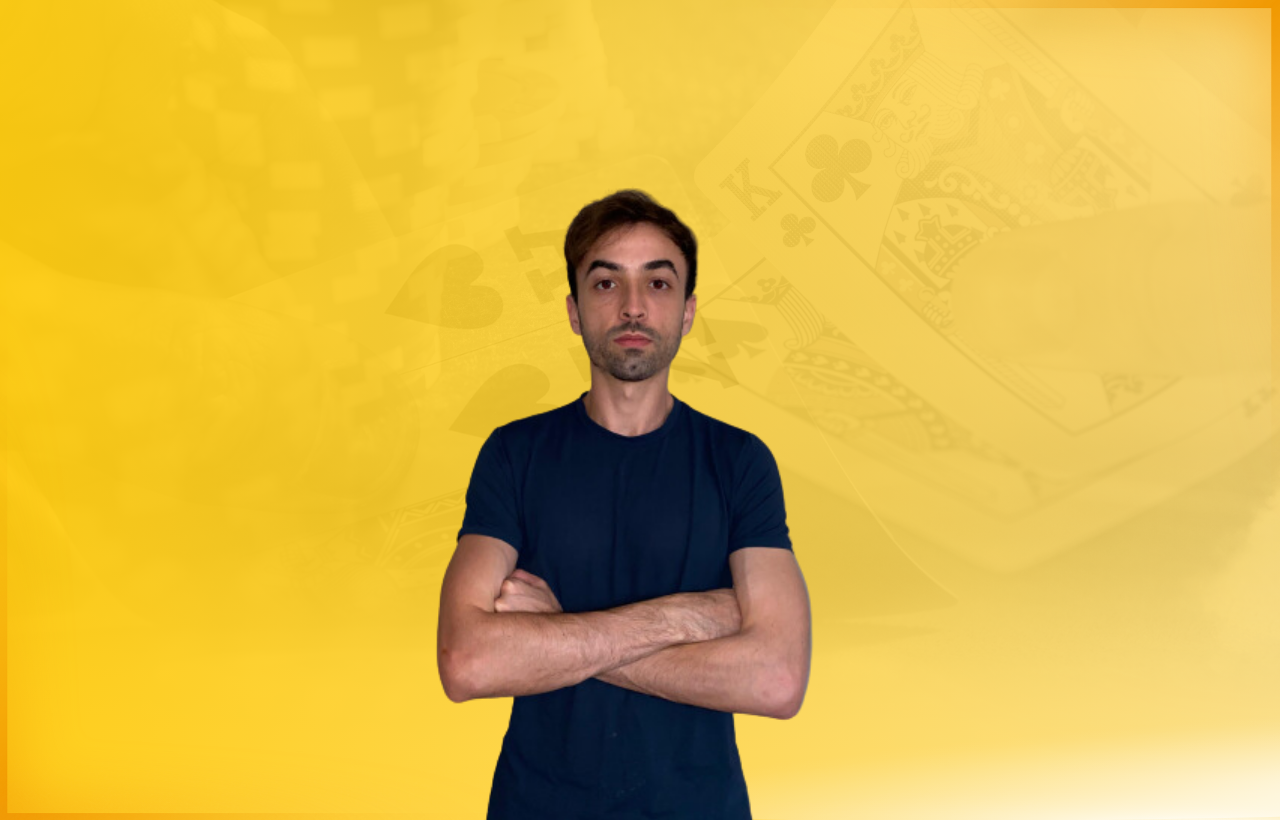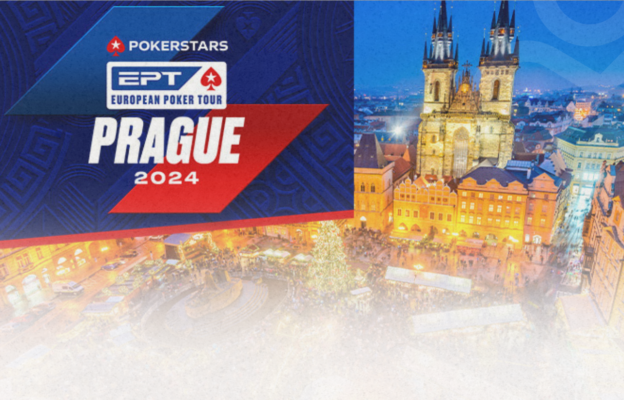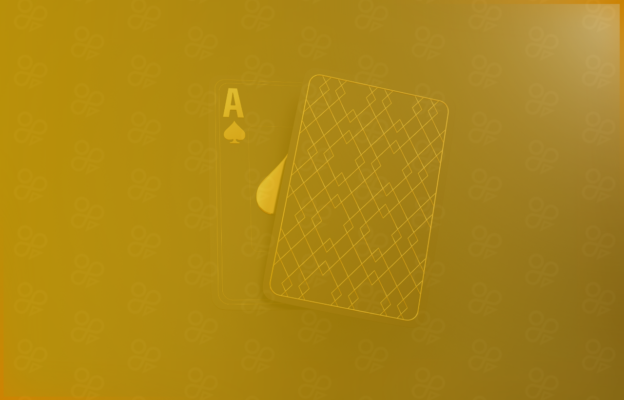In the second part of the interview with BoyLoc0, member of the Team Cash, we explore the importance of a balanced approach to personal and professional life, emotional challenges, and the essential role of community in a poker player's development.
How difficult is it to balance your personal and professional life as a professional cash game player?
I don't think that's the hard part, because when you're a poker professional, you end up having total autonomy over your life! In other words, even though I work for Polarize in a certain way, I'm the one who makes up my routine. I'm the one who determines when I'm going to play or not, so my routine is very flexible... I manage to reconcile everything very well!
I think the hard part is always being able to prioritize your professional career, especially at a time when you're still growing and building your career.
What skills or characteristics do you consider essential for success in cash games?
I think that if you are putting the work under good guidance, consistently, I can't see anyone going wrong in poker.
Although it may take a little longer for some than others, if you do the business right for 2 years... you'll be very satisfied with the results, that's for sure!
How do you deal with the emotional ups and downs?
That's the hard part of poker, it really is! For example, now, what I said, it wasn't so difficult for me. But now this NL500 thing, because I had a reserve, so I carried on living my normal life, even though now it's there, after 3 months I managed to do another split. I went for the NL500, I didn't get paid for 3 months, and if you don't have a reservation, it's even more stressful. This is because if you have a reserve it's already stressful... So to go 3 months without making any money, 4 months, depending, 5 months. I don't think there's anything that's going to make it a good experience, and that's something that's part of the game, it's part of our job, and you have to accept it, it's variance.
You have to prepare yourself as well as possible so that this variance has minimal impact on you, but it's going to have an impact, it's going to have an impact, nobody's iron, and when things start to go wrong it's always very difficult.
What are your poker goals for 2025?
Well, it's difficult to say, I have to review what I've done this year and plan well for next year. But a minimum goal is to keep putting in the volume I put in every month, by playing the stakes that I play, at least maybe I can make some progress in terms of stakes, maybe I can make progress in other areas.
I still have to get organized!
How important do you think community and networking are in this world?
I think it's extremely important to have a community, because if you don't need it, if you're not someone who's part of any team, there are lots of communities on discord for youtubers. I think it's extremely important to have people around you who are doing the same thing and are dedicated to the same path as you.
And I think the environment you have at Polarize is extremely important, I think it's one of the great values the team brings to the player. This environment of being exposed to different professionals at different levels, each going through a different phase, is of great value.
Do you ever play live cash games?
Ah, very little. I play 200 dollars online and I play 4 to 6 months. And at the online tables it ends up being, I don't know, in 4 months you make 300 hands an hour on average. While live you'll make 30 hands an hour, more or less.
What do you think are the most common mistakes made by cash players at the lowest level? For example, in NL10, NL25?
Well, I think the mistakes that have the most impact at this stage of their career are the mistakes away from the tables. Because at the tables, even their opponents aren't making as many mistakes as they are. I think what's going to have the biggest impact on those who make it past the NL10, NL25, NL50 stage is what's being done away from the tables.
So I think the big mistakes are placing too much importance on the solver. In other words, wanting to justify a lot of things with the solver that then turn out differently in practice. So they end up studying the wrong way.
Another big mistake is not being able to save money. There was a player who went through Polarize, and what he did for me is a great example: all the splits he made, he took 50% and put it aside, and didn't touch it! He had a good financial reserve. For me in particular, this is the main mistake.
Do you think being a professional poker player has made you a better person?
I'm always trying to be better! This year I'm very happy, I've managed to stay consistent. Before I didn't read a single book, this year I've read six books, and that's a personal milestone for me! I've been trying to eat better, exercise better and sleep better, all of which I try to do, but the ultimate goal is also to grow in poker. Everything I'm doing, the main focus is poker, so everything I try to improve around me has the effect of improving my career.
Of the 6 books you've read, which would you recommend?
The book Atomic Habits.
Read our article Poker: 3 Essential Books for Setting Goals.
Who is your favorite poker player?
Phil Ivey, I think he's the best player in the world. I think he's the most talented guy. There's a play of his that's a 6bet bluff on another Asian player (I can't remember his name), they're both bluffing, and then the play goes bet, raise, 3bet, 4bet, 5bet... Phil goes 6bet all-in, he had 8High against a JHigh. There's a lot of his moves, I'm a big fan of Phil Ivey. Watch the moment here.
Our player reflects on how poker shapes not only his career, but also his personal life, emphasizing the importance of solid support, whether through community of players or emotional and financial management. With a disciplined and balanced approach, he reinforces the value of persistence and orientation for success in poker.
If you liked this content, don't miss the Part I of the interview for a complete overview!





Comments